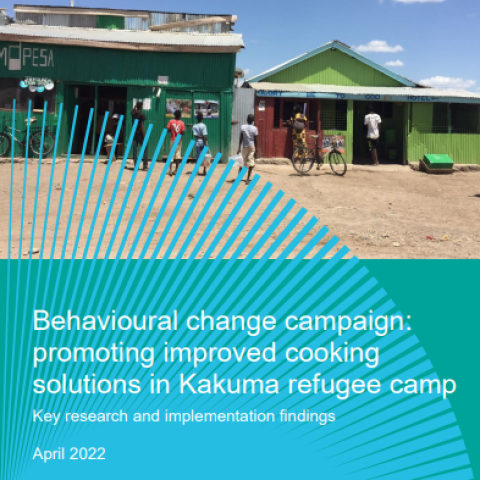Base de données de publications
Cette base de données contient une série de plus de 2 000 publications variées sur l’entreprise inclusive et sur d’autres thèmes associés tels que l’investissement à impact, la microfinance et les approches des systèmes de marché. Vous y trouverez des rapports, des informations commerciales, des études de cas, des outils et des vidéos sur différents secteurs et régions.
Les multiples publications de cette base de données portent toutes sur l’entreprise inclusive, c’est-à-dire sur des modèles d’affaires visant les consommateur·rice·s, fournisseurs, entrepreneur·e·s et/ou employé·e·s de la base de la pyramide de pays émergents et/ou à faible revenu.
Attention: Quand vous ouvrez une entrée, la site reverte à la version anglaise.


















